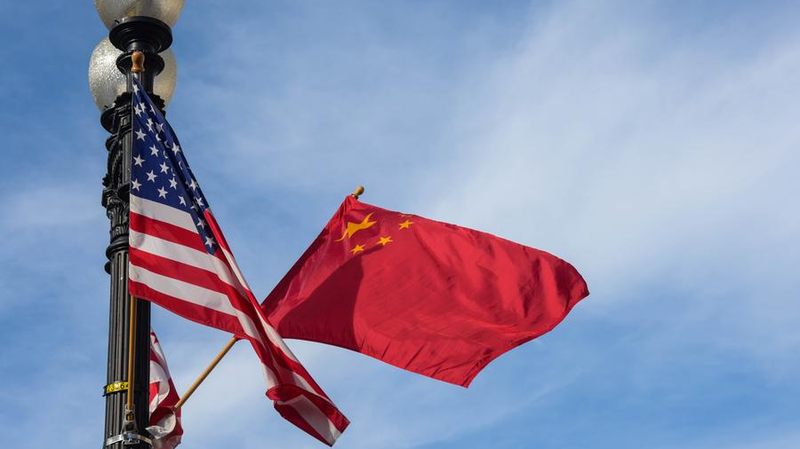A Fresh Boost from Geneva
High-level trade talks between China and the U.S. in Geneva delivered a major dose of optimism for the global economy. Negotiators agreed to remove 91 percent of imposed tariffs, marking a shift from unilateral tariff sticks to multilateral dialogue.
Why It Matters
China and the U.S. share a deeply interdependent economic relationship that goes beyond simple trade figures:
- Bilateral trade jumped from under $2.5 billion in 1979 to around $688.3 billion in 2024 – a 275-fold surge.
- In 2023, nearly 20 percent of U.S. agricultural exports went to China.
- China’s top exports to the U.S. – electrical machinery, electronics, and textiles – made up over 57 percent of its shipments.
A Blueprint for Win-Win
The Geneva agreement laid out two-way easing: the U.S. will suspend 24 percent of additional tariffs within 90 days and roll back some new ones, reducing costs for American businesses. In return, China will adjust its retaliatory tariffs and expand quotas for U.S. agricultural products and clean energy equipment – fueling new market opportunities on both sides.
Looking Ahead
Crucially, the talks established a long-term consultative framework, combining quarterly working groups with annual ministerial dialogues to tackle key issues – from tariff adjustments to digital economy rules. This pragmatic approach aims to move beyond crisis management toward innovative collaboration, proving that strategic competition can coexist with cooperation.
Global Impact
For young global citizens, entrepreneurs, thought leaders, and even sports and travel enthusiasts, the Geneva talks offer a powerful reminder: when major economies choose cooperation over confrontation, they set the stage for more stable markets, sustainable development, and shared progress.
As this new chapter unfolds, all eyes will be on how these mechanisms deliver real-world results – potentially serving as a template for managing other global challenges.
Reference(s):
China is steadfast practitioner of 'mutually beneficial' principle
cgtn.com




